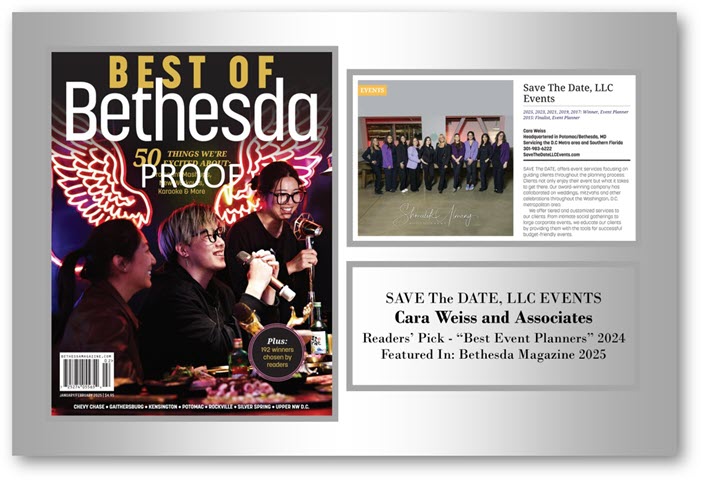
What Can Go Wrong? Let’s Start There
From high-end galas to backyard barbecues, events go sideways for many of the same reasons. Weather is the obvious culprit, but not the only one. Technical failures, vendor misfires, and personal emergencies all loom. Just ask any couple who’s faced unreliable vendors at weddings—from DJs who ghost to caterers who mix up orders. These aren’t just headaches. They’re potential losses of thousands of dollars and once-in-a-lifetime moments. That’s why understanding risk—and how to backstop it—is the starting line for every successful event plan.
Scan It, Store It, Share It: Staying Organized with Paperwork
Contracts, receipts, vendor checklists—events generate a paper trail. But in the chaos of planning, it’s easy for something important to go missing. That’s where tools like Adobe Scan come in. This free scanner app lets you use your phone to turn documents into searchable PDFs, making it easier to share contracts with insurers or store permits for easy access. It’s fast, portable, and one of those tech tools that can quietly save your neck when a venue asks for a last-minute file.
Liability Isn’t Just Legalese—It’s the Real Risk
It’s easy to focus on the fun, but when the crowd arrives, so does the liability. If someone trips on a loose power cable or a rowdy guest damages venue property, you could be on the hook for repairs, medical bills, or even legal action. Standard homeowner or business insurance policies often won’t touch these scenarios. That’s where dedicated event policies step in. Some venues won’t even let you walk through the door without a certificate showing coverage for guest injuries and property damage. If you’re hosting, you’re responsible—insurance or not.
Cancellation vs Liability: Know the Difference
There are two main flavors of event coverage: cancellation and liability. Liability handles mishaps that occur during the event itself. Cancellation, on the other hand, protects you from pre-event chaos. Think hurricanes, sudden illnesses, or a no-show headliner. Understanding cancellation versus liability options is key, because if you assume one type covers the other, you could be writing off a five-figure loss when the unthinkable happens.
What It Doesn’t Cover Matters Just as Much
Insurance gives you a safety net, but it’s not a blank check. Most policies draw a hard line around high-risk activities. That includes things like fireworks, skydiving, or wild animals—so if your wedding includes a fire dancer or a tiger selfie booth, you’ll want to double-check the fine print. Some insurers explicitly exclude bonfires and exotic animal risks, and they won’t reimburse damages if your event violates local ordinances or oversteps your permit. If it sounds like a liability nightmare, chances are it’s not covered.
Don’t Forget the People Behind the Scenes
Your guests aren’t the only ones who matter—so do your vendors, staff, and contractors. If you’ve got temp workers, setup crews, or rented equipment on-site, you’ll need additional coverage. Some planners overlook this, assuming vendor insurance carries the weight. But gaps are common, and accidents happen fast. Adding policies for workers’ comp and equipment cover ensures your team is protected and your investment in staging, lighting, or sound gear doesn’t vanish with one bad drop.
Festivals and Corporate Events Carry Extra Weight
If you’re hosting a multi-day event, a public gathering, or anything with ticketed entry, expect more complexity. You’re juggling crowd control, security, multiple vendors, and possibly performers. That means more liability—and more that can go wrong. The good news? Specialized coverage exists for these formats. Some policies even include festival event cancellation protections that cover you if a major act cancels or a permit falls through. Corporate events benefit too, especially those tied to product launches.
Event insurance isn’t about being paranoid. It’s about being prepared. Whether you’re planning a once-in-a-lifetime wedding or rolling out a branded music festival, coverage helps you protect the things you can’t replace. From unreliable vendors at weddings to bonfires and exotic animal risks, the goal isn’t to predict every problem—it’s to cushion the ones you can’t.
Discover unforgettable experiences and elevate your events with Save The Date LLC, your go-to destination for exceptional event planning and management!













